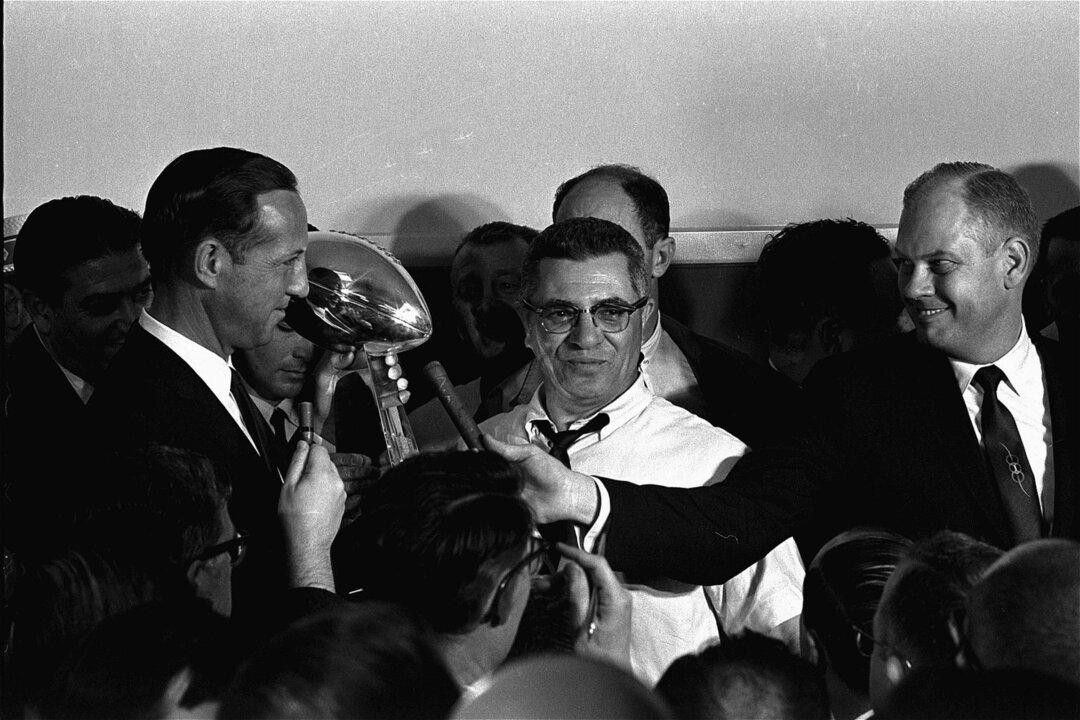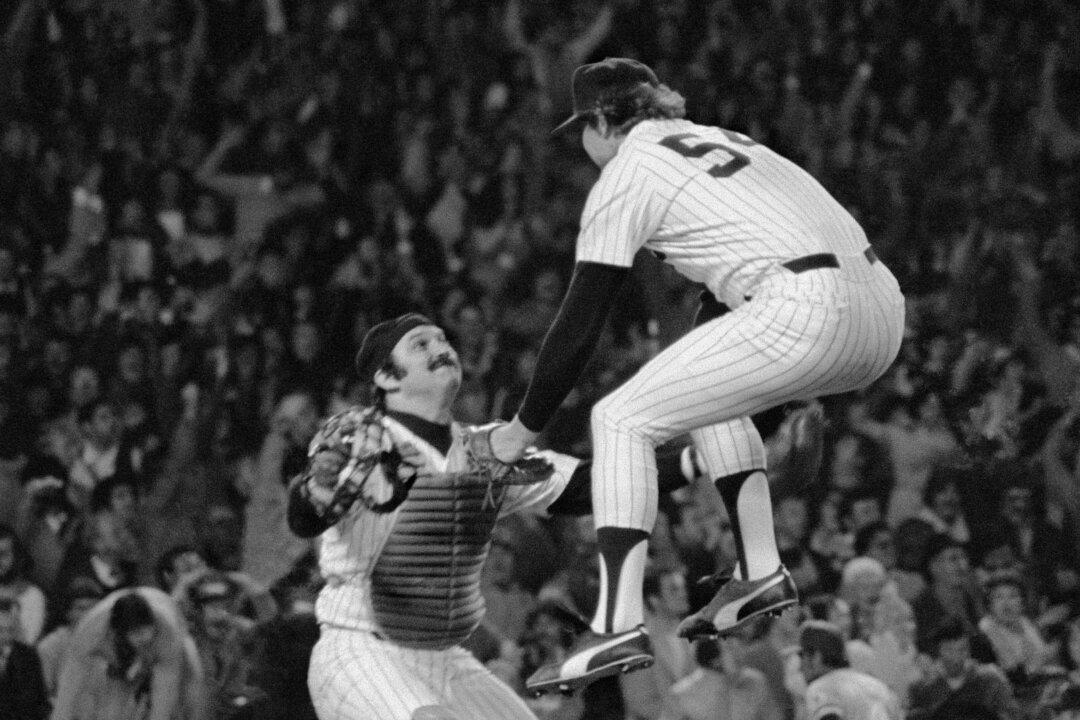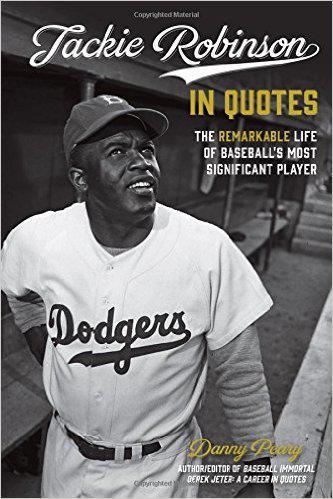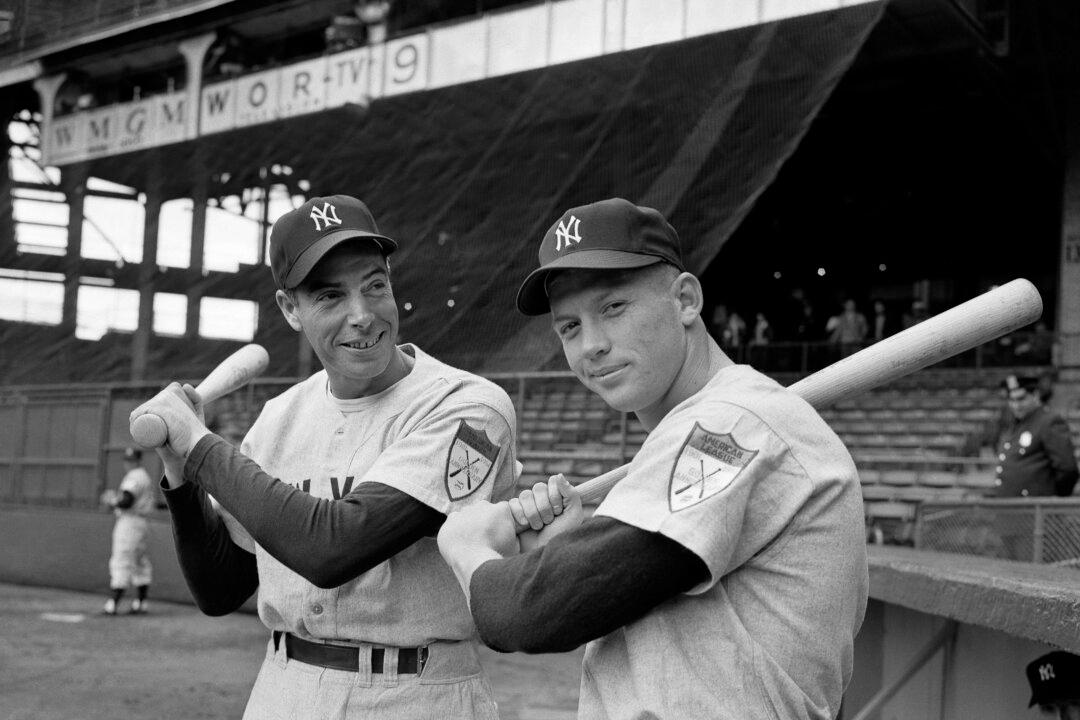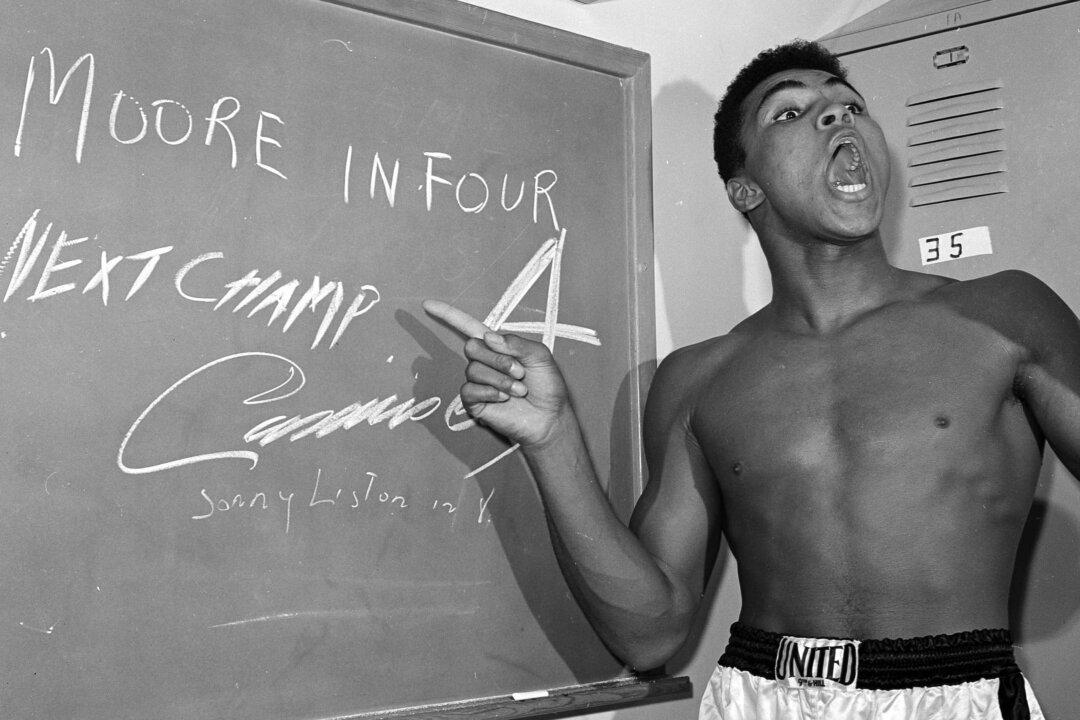With Super Bowl Gold (Number 50) ready soon to take center stage, we flash back to the first one whose name officially was the AFL-NFL Championship Game. My book has many oral history memories. Herewith, just a few of those who were there at the game remember the time:
ANN BUSSEL: At that time I was living with my husband in New Jersey, and he was in the scrap iron and metal business. We were attending in Los Angeles a convention, a meeting between dealers in that industry. A gentleman had extra tickets that he could not sell to the Super Bowl. That was hard to believe. So he offered them for free to men attending the convention. My husband was a big football fan, a fan of the New York Giants. He was thrilled to go.
This gentleman rented a bus and offered free transportation to and from the game. That is how I was had the privilege to attend the first Super Bowl. We got on the bus that he chartered. It was loaded up with about 30 or 40 people, all in a happy and party mood.
Lo and behold, we arrived at the Coliseum and wow, the tickets were on the 50 yard line. I really did not know anything about the Kansas City Chiefs and not much about Green Bay aside from Bart Starr. Out of gratitude for the man who gave us the tickets, we rooted for Kansas City. Their fans there were pretty happy the first half of the game.
It was a pleasant day. It was a plus plus day. And when I tell my children and especially my grandchildren that their grandmother attended the first Super Bowl, they say “What?”
I did not think to save my program or my ticket.

